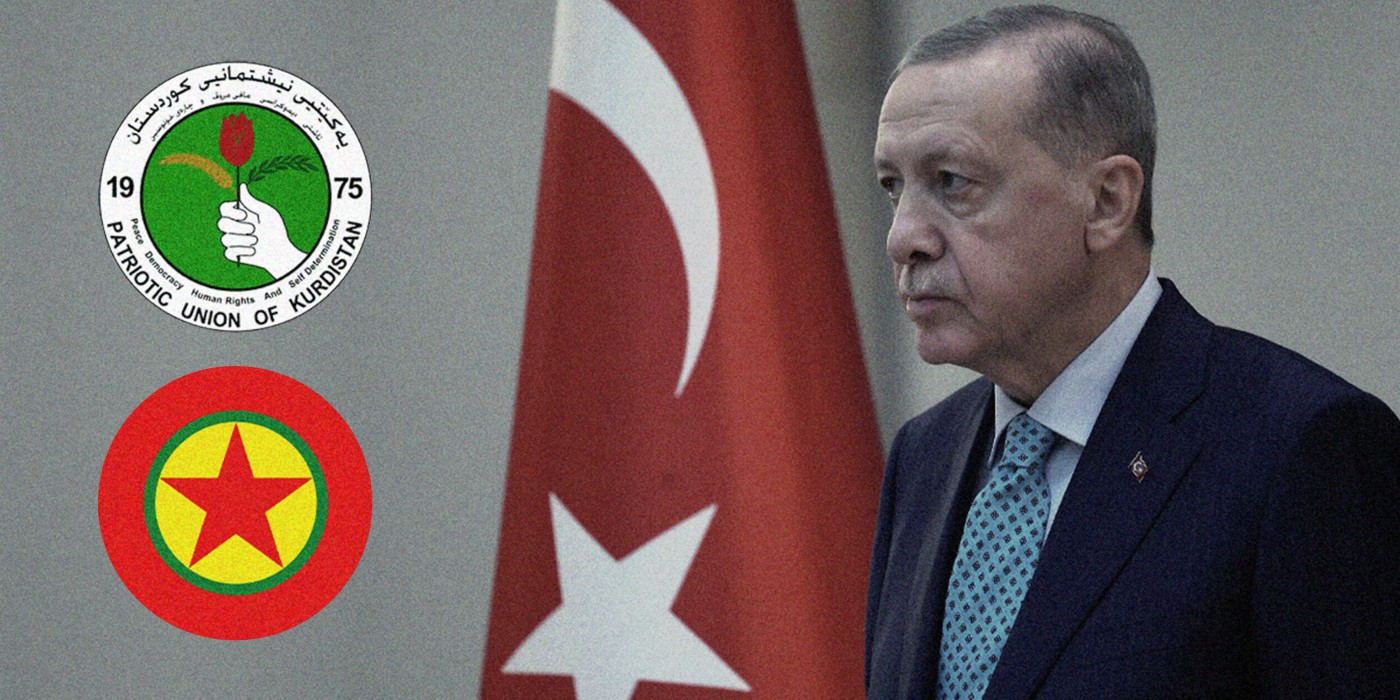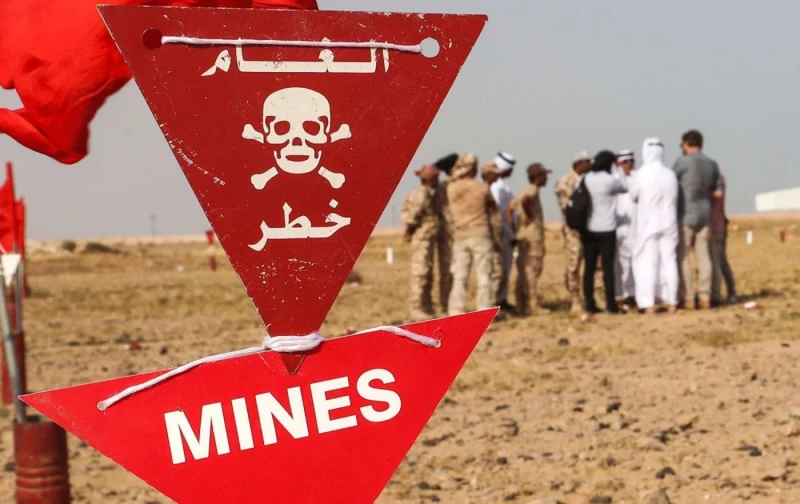ERBIL, Kurdistan Region of Iraq - Allegations regarding the Patriotic Union of Kurdistan (PUK) aiding the Kurdistan Workers’ Party (PKK) are “baseless”, the party’s spokesperson said on Monday, days after Turkey said it will not tolerate their support for the group.
“The allegations of aiding the PKK are baseless, as the conflict is in Duhok and Amedi, making it implausible for the PUK to provide logistical support to the PKK,” party spokesperson Saadi Ahmed Pira told the party’s official media on Monday.
“The PUK has not invited the PKK to the Kurdistan Region and does not wish for their presence to pose a threat to the Turkish border,” he said, adding that the group has not sought their permission and the group “occasionally interferes with our work.”
The PUK spokesperson’s statement comes after Turkish President Recep Tayyip Erdogan on Thursday expressed concern over the alleged PUK support for the PKK, claiming that his government has repeatedly brought up the issue and given warnings.
“We may be tolerant of many issues, but if the issue is our survival and national security, we will close the doors of tolerance and do whatever is necessary,” Erdogan told reporters.
The Turkish government blames the PUK for having strong relations with the Syrian Democratic Forces (SDF) and its military backbone, the People’s Protection Units (YPG), which Ankara labels to be the Syrian wing of the PKK despite the group on several occasions claiming that they only share ideology with the PKK.
PUK President Bafel Talabani has previously traveled to the SDF controlled North and East Syria (Rojava) and met with SDF General Mazloum Abdi.
In December, Turkey extended a ban on flights from and to Sulaimani airport from Turkish airspace by six months. The flight ban was first initiated in April 2023, with Ankara claiming it was due to intensified PKK activity in the province.
The PKK is an armed group that has fought for increased Kurdish rights in Turkey for decades, the group, designated as a terrorist organization by Ankara, uses mountainous areas of the Kurdistan Region as shelter and often engages in direct armed conflict with Turkey.



 Facebook
Facebook
 LinkedIn
LinkedIn
 Telegram
Telegram
 X
X


